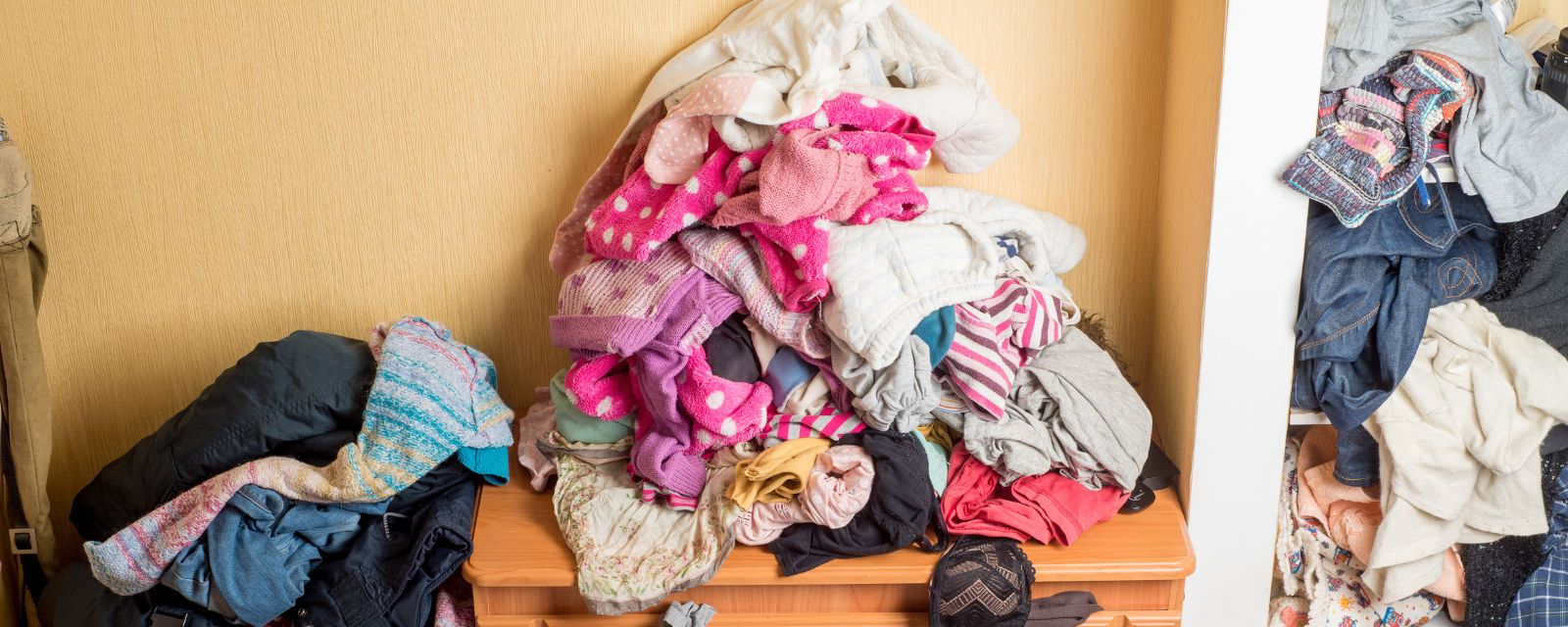Caring For a Loved One With Dementia: Preventing Caregiver Burnout
Caring for a loved one with dementia can be an extremely challenging task. Dementia is an umbrella term for various forms of cognitive decline including Alzheimer’s Disease, Vascular Dementia, Huntington’s Disease, and more. Often, a family member or friend will choose to take on the responsibility of caring for a loved one at home rather than placing their loved one in a care setting when dementia begins to impact their ability to care for themselves. Caregivers often experience high rates of caregiver stress and burnout due to the demands of the role. In this blog, I will share some practical tools for proactively preventing and addressing caregiver burnout when caring for a loved one living with dementia.
Tools for caring for your loved one
1. Utilize the hierarchy of needs
Individuals with dementia sometimes have trouble verbally communicating their needs. It can be helpful to remember the hierarchy of needs and utilize non-verbal cues to assess what they might be asking for or needing at that moment. Start with the most basic needs: toileting, temperature, hunger, and thirst.
2. Communicate effectively
Because of the cognitive impairments that dementia can cause, communicating effectively with your loved one involves patience and understanding. Be sure to validate your loved one’s needs, use simple language, and allow for plenty of time for them to respond so that they can feel safe, supported, and understood by you.
3. Provide activities to promote engagement and to foster independence
This can include involving your loved one in simple daily tasks, going for a walk, sitting outside, stretching, listening to music, and socializing.
4. Educate yourself
There are many resources available to support caregivers including free training workshops, books, online resources, and support groups.
What is Caregiver Burnout?
While caregiver stress can feel overwhelming, caregiver burnout occurs when a person feels they have nothing left to give (you can’t pour from an empty cup!). Caregiver burnout is a state of emotional, physical, and mental exhaustion that can be experienced when caring for someone else’s needs. According to the Cleveland Clinic, burnout occurs in 60% of caregivers. When caregiver stress is ignored, it can lead to caregiver burnout.
Signs of Caregiver Stress and Burnout
It might be difficult to identify when you are beginning to feel burnt out, however it is important to be aware of the signs. Different people might experience different symptoms, but some commonly seen signs are:
- Fatigue
- Weight gain or weight loss
- Irritability
- Depressed mood
- Health issues such as frequent headaches
- Social withdrawal
- Difficulty sleeping
- Anxiety
If you notice any of these signs, it might be time to reach out for support.
Tools for caring for yourself
The best way to be an effective caregiver is to ensure that you are checking in with and prioritizing your own needs. This can be difficult for caregivers due to the prioritization of care needs of their loved one. Caregivers might become too overwhelmed with the care to find time to care for themselves. However, this will ultimately lead to caregiver burnout and difficulty being an effective and safe caregiver. Below are some tips for caregivers to take care of themselves.
- Acknowledge the range of emotions that might come with being a caregiver. Denial, anger, guilt, grief, and loneliness to name a few. Know that all of these emotions are completely normal and okay to experience as a caregiver.
- Reach out to your support system. You are caring for your loved one, but who is caring for you? Reach out to the people in your life who provide support, who you can be open with about what you’re going through, or just enjoy spending time with them outside of being a caregiver.
- Schedule time to maintain your own self care including hygiene, exercise, and nutrition. If you are not taking care of yourself, you are not going to be able to take care of someone else long-term. You deserve to tend to your own well-being. Prioritize going to the doctor, movement, and eating well.
- Highlight the positive moments. Because of the stress of caregiving, we sometimes forget that there can be beauty in the caregiving experience. Notice the moments of sharing a memory, enjoying music together, or engaging in a fun activity.
- Get information about local resources and use them when needed. The state of Illinois has some amazing resources available for caregivers and individuals with memory loss. Some examples include:some text
- In home help: In home assistance can make all the difference for you and your loved one. Some individuals might qualify for free in home services through the state of Illinois.
- Respite care: Area agencies on aging can provide a needs assessment to connect a caregiver and their loved one with respite care, which provides short-term relief to the caregiver. Respite care can be provided at home, in nursing facilities, or day programs and can be provided for a few hours to a few weeks depending on the assessment.
- Support groups: There are numerous support groups available for caregivers. Support groups are a wonderful way to share your own experience and feel supported by others who can understand what you might be feeling.
- Helpful websites and agencies:some text
All material provided on this website is for informational purposes only. Direct consultation of a qualified provider should be sought for any specific questions or problems. Use of this website in no way constitutes professional service or advice.




